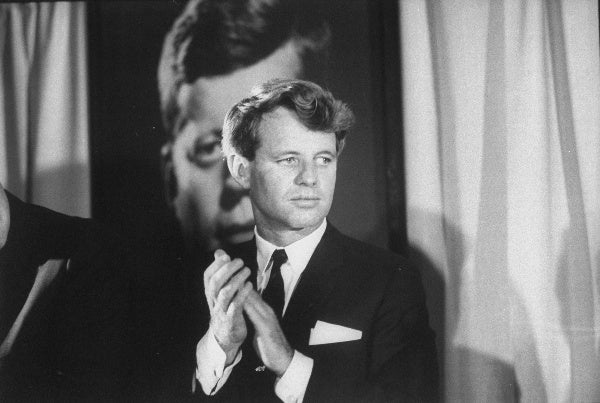Oh, goodness, so soon! Will it be a utopic timeline as some of us have suggested? (definitely not asking so I can prepare another bingo card lol)Figured I would drop a tease that a spiritual successor to this TL comes out tomorrow — and one of y’all has already guessed the POD.
it’ll have double the authors so double the fun
Regardless, I’m super excited for whatever comes next! I’ve never seen anything like All Along the Watchtower before, and I’m eager to read another TLIAW in the same vein!
